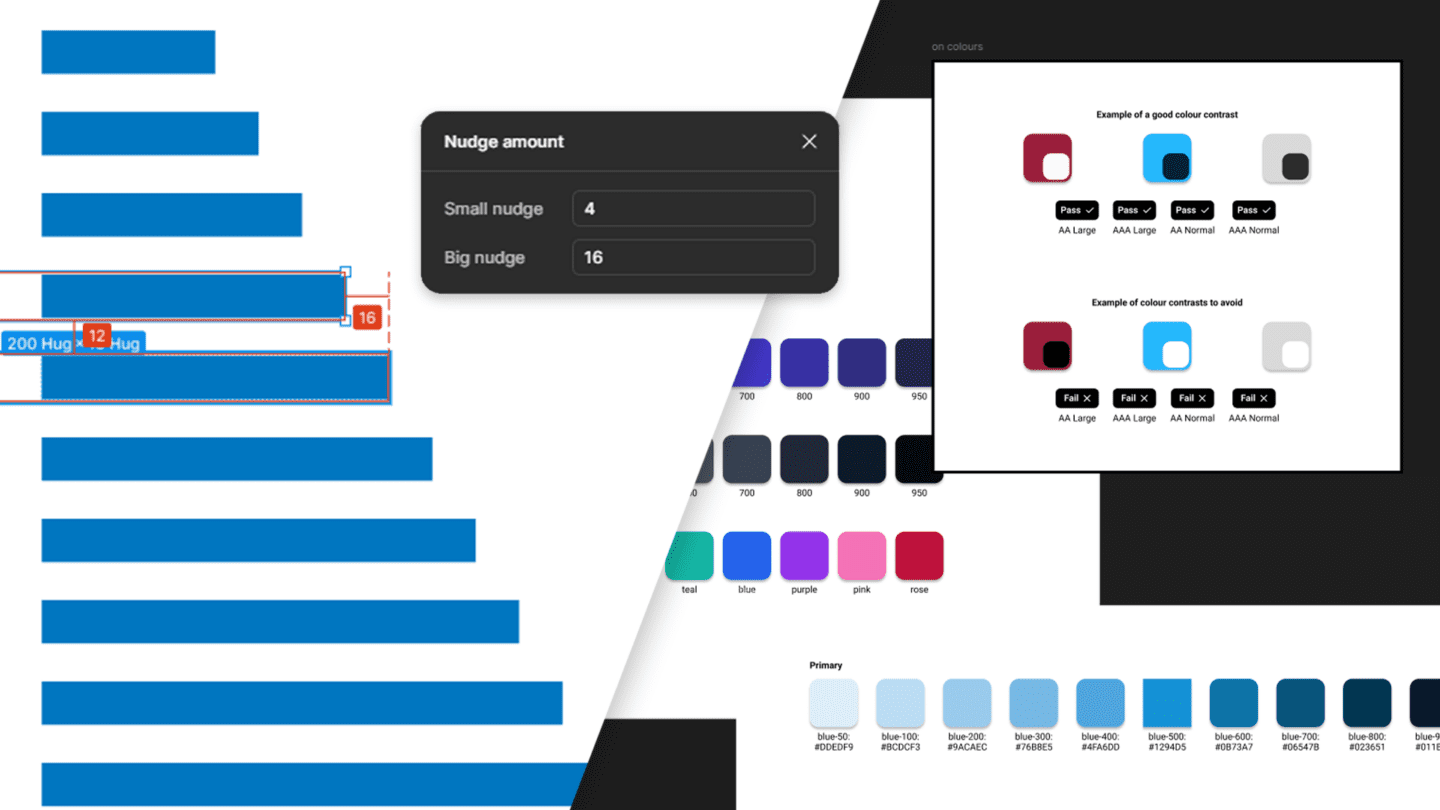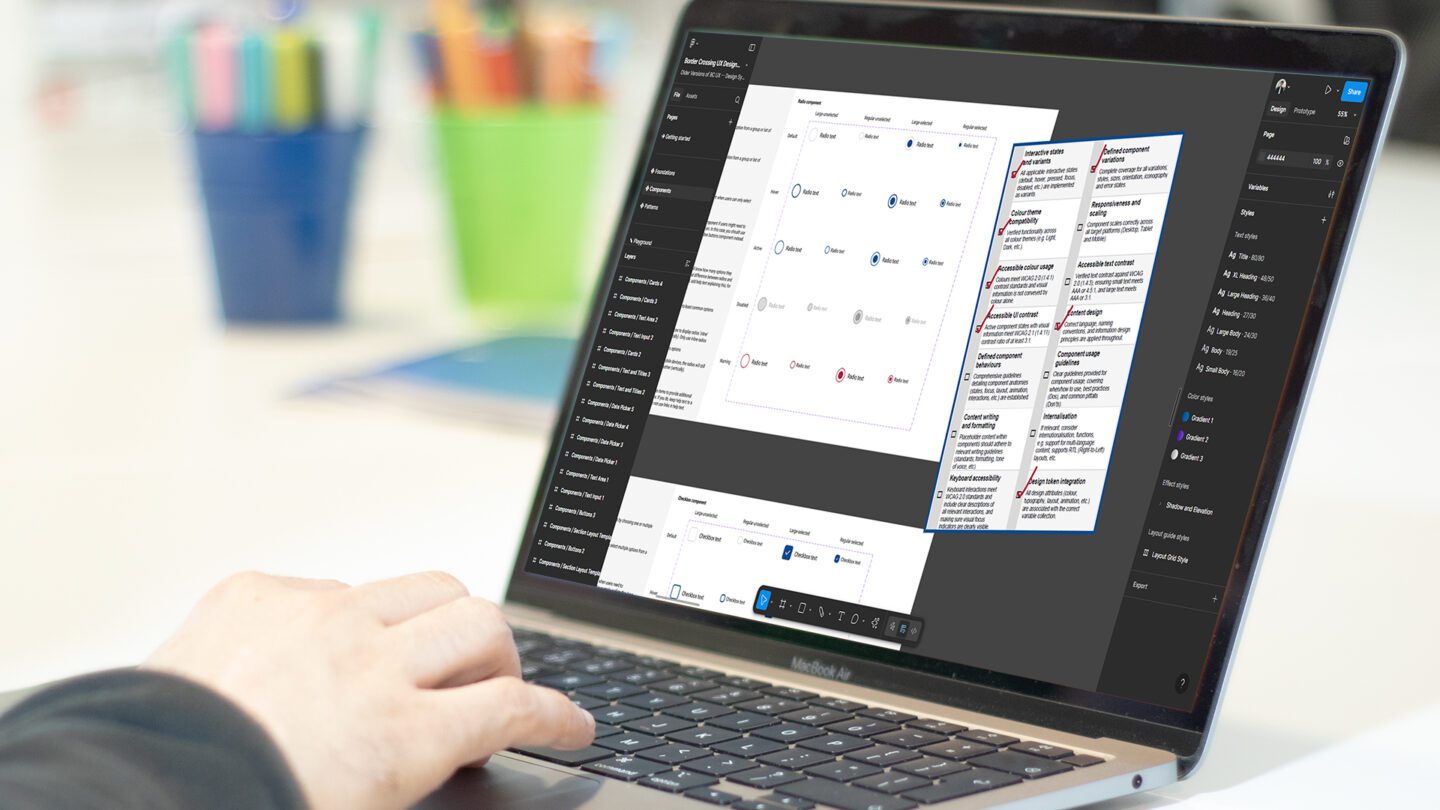We recently decided to rethink how we host this website. Since 2008 we’ve used Amazon Web Services (AWS) to host our live and development websites as well as all of our other tools and software.
This was never a mandatory technical requirement but we thought AWS to much of an important development to ignore. We’ve also never been keen on recommending things we’ve not used extensively ourselves. So we quickly decided that the best way to get our heads around AWS was to use it for stuff we actually depended on.

3 years later, what are our thoughts on using AWS?
The positives:
- 3 years and our websites and tools haven’t gone down once. Yes, AWS have had their problems but if you set things up right, then it is certainly possible to avoid downtime.
- reserved instances make sense and are competitively priced.
- a CDN for heavy assets and true-steaming is just a click away.
- AWS is rapidly expanding and improving its offering.
- pricing continues to fall.
- we haven’t had the need to contact support once in 3 years!!!
- the AWS team seem to listen and respond to customer needs.
- data centres are located regionally, one of which is in the UK.
- there are rich sources of information online and excellent documentation is generally provided.
The negatives:
- living in a world of SSH sucks.
- the control panel still isn’t up to scratch.
- support if a necessity isn’t cheap.
- things are constantly changing (for the better, but you need to constantly reassess things to leverage these enhancements).
- even though the team seem to listen and respond to customer needs there is no open roadmap concerning the development of feature requests.
Why did we decide to move?
We always knew keeping an EC2 instance running 24/7, 365 days a year was never the cheapest option to run what we needed. So once our objective of testing and learning through doing had been achieved paying a premium seemed somewhat wasteful.
What’s more, given we’ve sourced and used a number of other dependable hosting providers for clients we thought we’d be able to save money without compromising on performance. So all in all it’s safe to say we weren’t particularly concerned about finding an alternative supplier.
How did the switchover go?
The switchover to the provider we eventually settled on went well. In fact it has been a joy to be reacquainted with cPanel and WHM. On the downside though we’ve run into a number of quality of service issues. In total these took almost a day to resolve. As you can imagine losing this time so soon after the switch had proved incredibly frustrating given our previous experience of using AWS.
Are we moving back to AWS?
We’re not sure yet, as it should take more than a hardware issue and a software bug to reverse a well-reasoned decision. So we’re going to review things in 3 months. By that time we will know the “actual” cost of each hosting set-up. This will factor in our time as well as any hosting fees incurred. This should allow us to identify whether or not this move has proved a false economy or not. If it has, you can be sure we’ll be back on a reserved EC2 instance just as soon as we can schedule it in.
If you’d like to get more granular information on our projected versus actual costs of each hosting strategy feel free to leave a comment or get in touch.


